Category: Emergency Preparedness
Preparing for a Hurricane or Tropical Storm
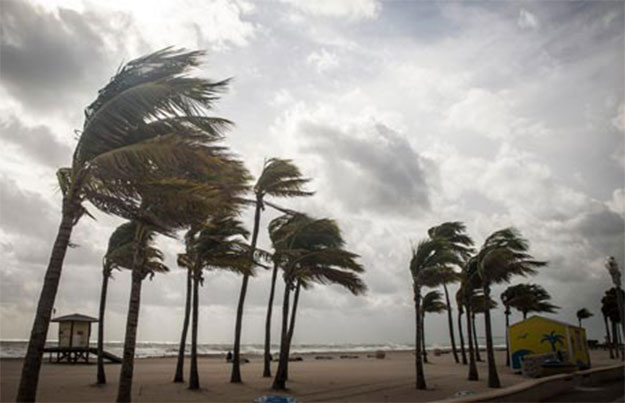
You can’t stop a tropical storm or hurricane, but you can take steps now to protect you and your family. If you live in coastal areas at risk, the Centers for Disease Control and Prevention (CDC) encourages you to begin preparing yourself for hurricane season. The Atlantic hurricane season is June 1 through November 30 Read More >
Posted on by Leave a commentNational Preparedness Month
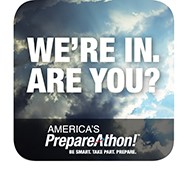
Throughout September, CDC and more than 3000 organizations—national, regional, and local governments, as well as private and public organizations—will support emergency preparedness efforts and encourage Americans to take action. For Preparedness Month 2016, CDC’s Office of Public Health Preparedness and Response (OPHPR) and National Center for Environmental Health plan to release blog posts, social media Read More >
Posted on by Leave a commentPreparing for a Hurricane or Tropical Storm

You can’t stop a tropical storm or hurricane, but you can take steps now to protect you and your family. If you live in coastal areas at risk, the Centers for Disease Control and Prevention (CDC) encourages you to begin preparing yourself for hurricane season. The Atlantic hurricane season is June 1 through November 30 Read More >
Posted on by Leave a commentCDC’s Tracking Network in Action
Extremely hot weather can make you sick. Stay cool and hydrated to protect yourself. The Tracking Network provides data and tools that you can use to see how extreme heat may affect your health. Read More >
Posted on by Leave a commentFlood Safety Tips
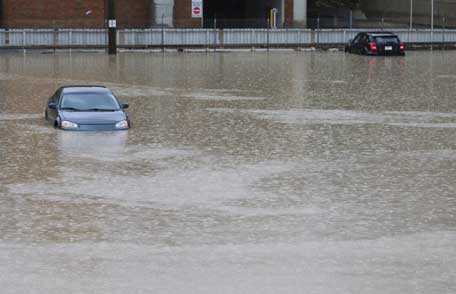
Take these important steps to reduce the harm caused by flooding. Each year, more deaths occur due to flooding than any other hazard related to thunderstorms. The most common flood deaths occur when a vehicle is driven into hazardous flood water. Read More >
Posted on by Leave a commentProtect Yourself from Wildfire Smoke
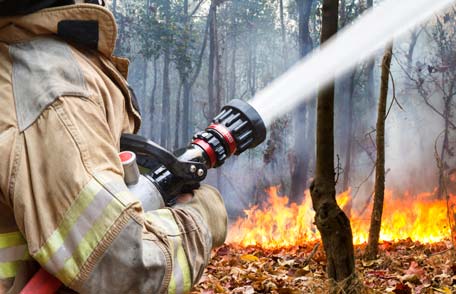
Dry conditions in parts of the United States increase the potential for wildfires in or near wilderness areas. Stay alert for wildfire warnings and take action to protect yourself and your family from wildfire smoke. Read More >
Posted on by Leave a commentCarbon Monoxide (CO) Poisoning Prevention
When power outages occur after severe weather (such as winter storms, hurricanes or tornadoes), using alternative sources of power can cause carbon monoxide (CO) to build up in a home and poison the people and animals inside. Every year, at least 430 people die in the U. S. from accidental CO poisoning. Approximately 50,000 people Read More >
Posted on by Leave a commentWhen Thunder Roars, Go Indoors!
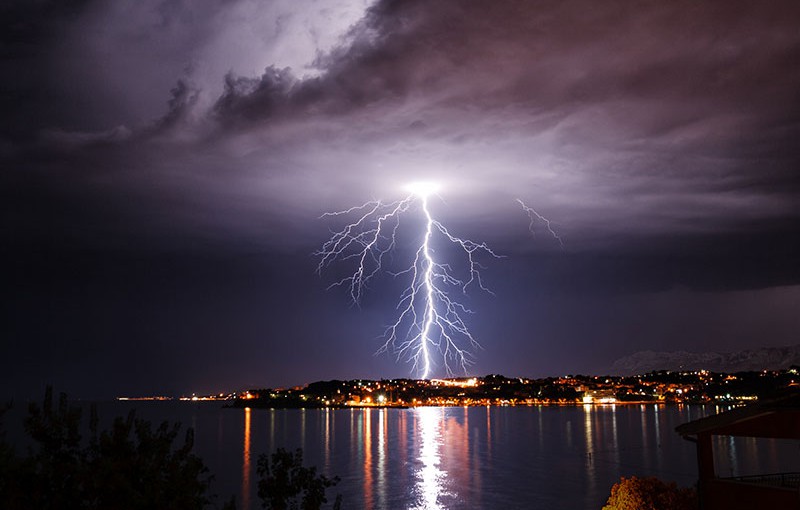
Learn how to protect you and your loved ones during a thunderstorm. The weather forecast calls for a slight chance of thunderstorms, but you can only see a few fluffy white clouds overhead. Read More >
Posted on by Leave a commentWho helps to protect us in the event of an environmental emergency?
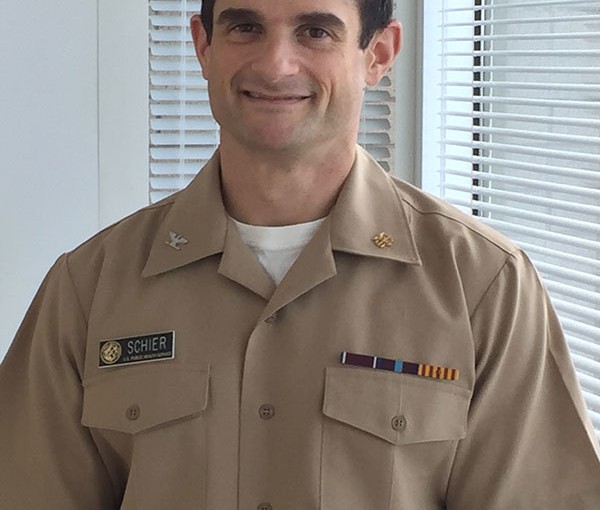
Medical toxicologists. This not widely known medical subspecialty, comprised of physicians, focuses on the diagnosis, management, and prevention of poisoning and other adverse health effects resulting from medications, occupational and environmental poisons, and biological agents (bacteria, virus, parasite, or fungus, for example) that can be used as bioterrorism or biological weapons. Read More >
Posted on by Leave a commentKeep Your Cool in Hot Weather
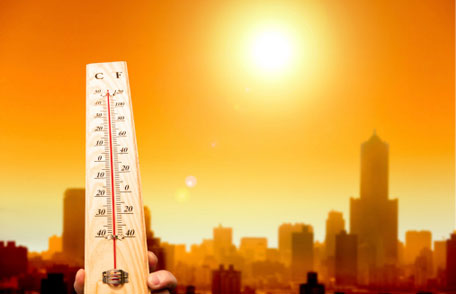
Learn about heat-related illness and how to stay cool and safe in hot weather. Now is the time to prepare for the high temperatures that kill hundreds of people every year. Extreme heat caused 7,415 heat-related deaths in the United States from 1999 to 2010 . Read More >
Posted on by Leave a comment